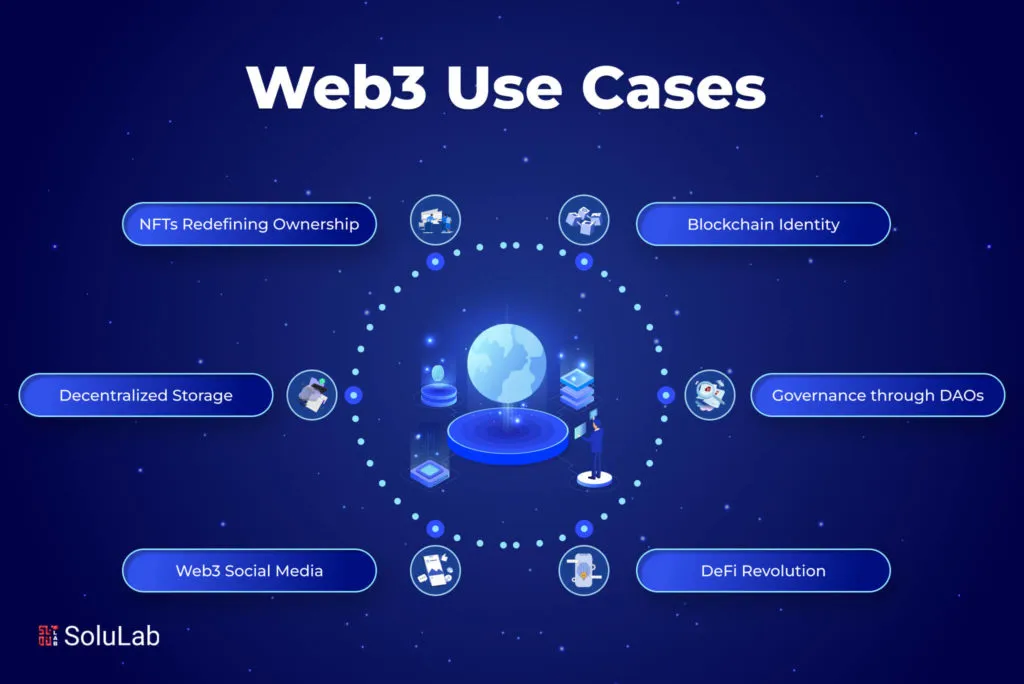In the rapidly evolving world of decentralized applications, a groundbreaking development has emerged that could redefine how we interact with blockchain technology. Blake Regalia, a lead researcher at Solar Republic LLC, has introduced the concept of Non-Fungible Programs (NFPs), a novel approach that combines the best of Web3 and Web2 technologies to create self-contained, privacy-focused applications.
The crux of the issue lies in the public nature of blockchain databases. While this transparency is a cornerstone of blockchain technology, it poses challenges for applications requiring data privacy or those where participants need to have incomplete information. “Confidential smart contract networks have been a game-changer,” Regalia explains. “They encrypt the memory state of active contracts and their on-chain databases, enabling novel interaction mechanisms that were previously unfeasible.”
However, the challenge didn’t end there. Web3 applications, much like their Web2 counterparts, rely heavily on user interfaces to translate user intent into actionable requests. The pain point? Decentralized applications need a persistent host to serve the web application, making them inaccessible to end users without one.
Enter Non-Fungible Programs. NFPs are self-contained frontend applications distributed via blockchain, powered by web technology, and backed by encrypted databases. They are controlled by confidential smart contracts, with access to both frontend code and backend services controlled and guaranteed by smart contracts according to the NFT ownership model. This eliminates the need for a separate host, making applications more accessible and secure.
The implications for various sectors, including energy, are profound. Imagine a decentralized energy market where users can interact with the platform without compromising their data privacy. NFPs could enable secure, interactive platforms for energy trading, consumption tracking, and more. “NFPs bring interactivity to token owners and enable new functionalities, such as authorization mechanisms for oracles, supplementary web services, and overlay networks, in a secure manner,” Regalia adds.
To demonstrate the utility of NFPs, Regalia and his team have implemented an interactive Bayesian game on Secret Network. They have also released an open-source software development kit for building NFPs, inviting developers to explore this new frontier.
Published in the journal Ledger, this research could shape the future of decentralized applications, making them more accessible, secure, and interactive. As the energy sector continues to explore blockchain technology for decentralized markets and secure transactions, NFPs could play a pivotal role in shaping the future of energy trading and management. The potential is vast, and the possibilities are as limitless as the applications developers can create.

